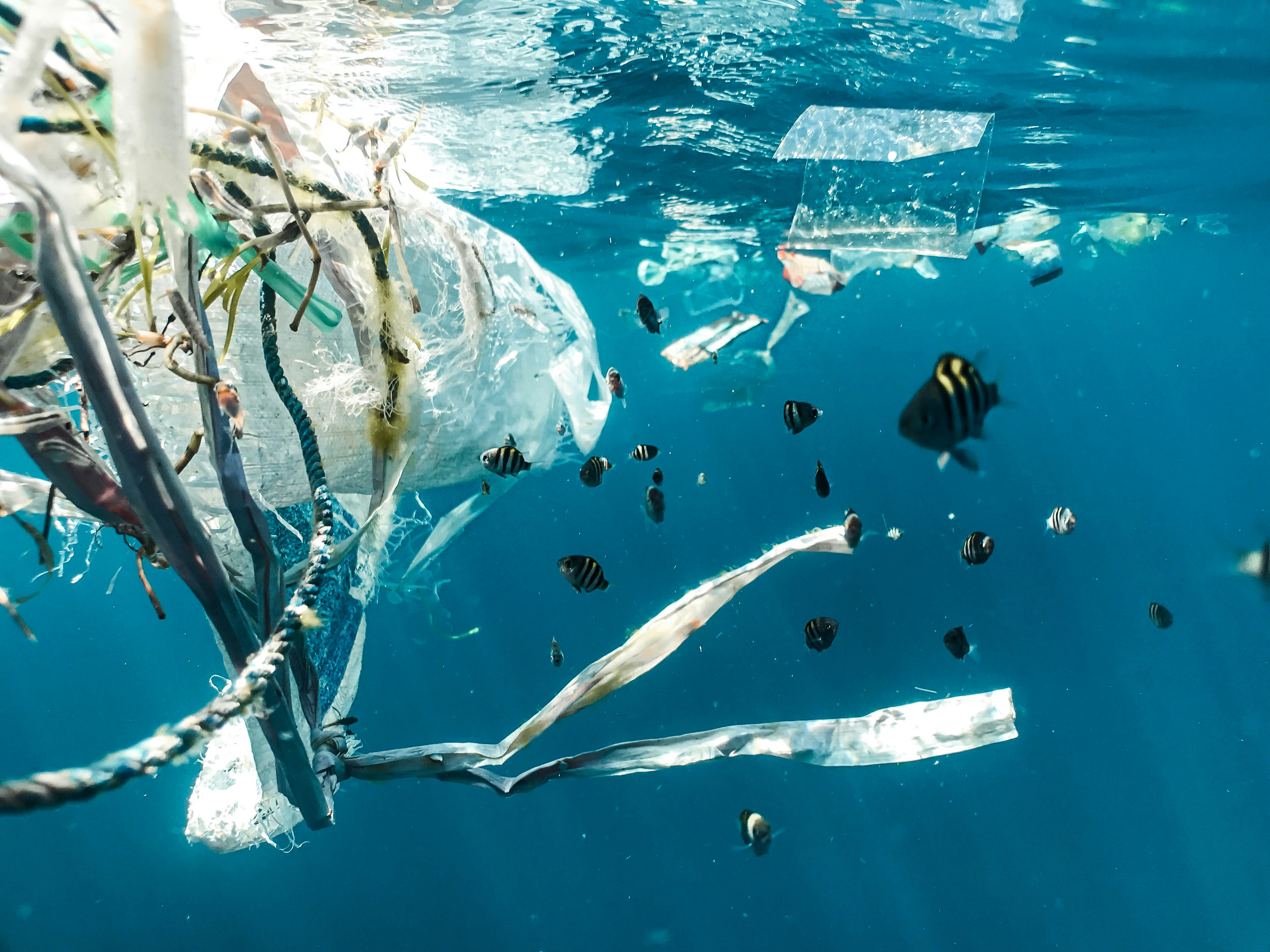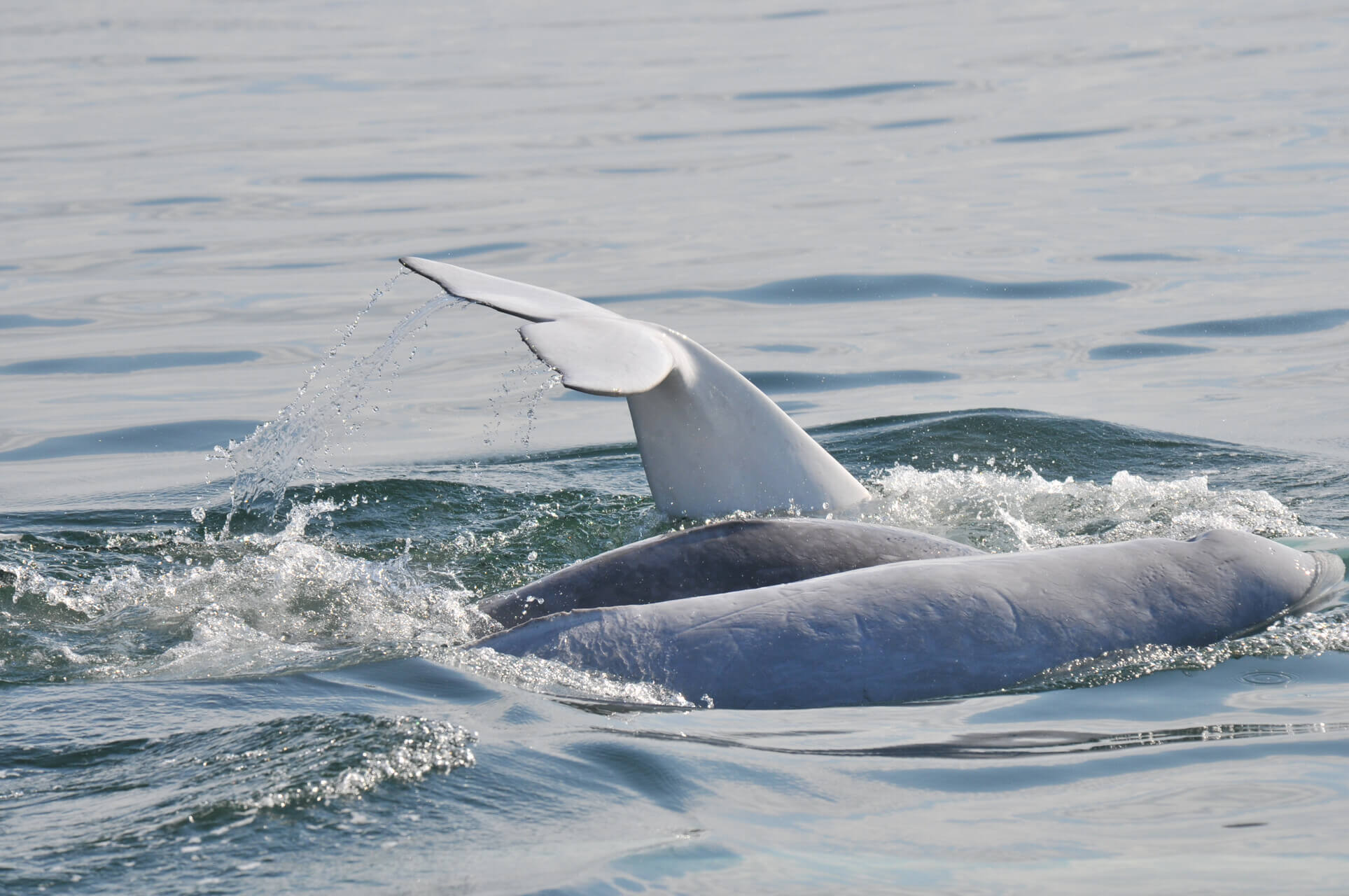Dive deep into the vast blue ocean with turtles, whales and fish right from the convenience of your home or classroom with Ocean School. Let your curiosity guide your adventure as you explore the rich and productive cold-water ecosystems of the Gulf of St. Lawrence and the Northwest Atlantic Ocean, and learn how the scientists study various species that call these waters home.
A unique collaboration between Dalhousie University, Ocean Frontier Institute, Ingenium and the National Film Board, Ocean School is an interactive web-based educational platform that aims to teach the younger generations about ocean conservation.
Ocean School uses leading-edge technology that engages its audience using powerful storytelling techniques and interactive and realistic media. With the help of such tools, anyone from anywhere can dive into the rich ecosystems around the world and learn about their inhabitants. Inquiry-based learning is at the core of this platform.
Love for the Oceans
Dr. Boris Worm is a Marine Conservation Biology professor at Dalhousie University and the Scientific Director for Ocean School. He hopes to instil curiosity and fascination for the ocean in the young minds through this platform.
But Ocean School goes further than just the amazement towards the oceans. “Ocean literacy is a big part of Ocean School’s vision. We want to educate our users about how the ocean affects us and how we affect the ocean”, says Lucija Prelovec, the Associate Science Producer and Communications Specialist for Ocean School.
Adding to that, she says, “Every second breath we take comes from the ocean, so we want to focus on our connection to the ocean.” Phytoplankton is the primary producer of oxygen in the oceans and produces this oxygen through the process of photosynthesis.
Since its launch on October 4, 2018, Ocean School has taken its users on a journey into the nutrient-rich Northwest Atlantic Ocean and the Gulf of St. Lawrence, where upwelling currents result in multiple feedings grounds that attract a plethora of marine organisms. For this segment, Dr. Worm and Isabelle Hurley (Youth Host for Ocean School and a Master’s student at Dalhousie University) teach the users about seabirds, marine mammals, eelgrass habitats and much more.
Coming up soon
Next month, Ocean School’s latest module called ‘Evolving Ecosystems’ will be launched. This module is about ecosystems and their relationship with food chains, food webs, human beings and the environment. It will have a special focus on the endangered North Atlantic right whales, their changing ecosystem and why scientists think more and more individuals are moving from the Bay of Fundy to the Gulf of St. Lawrence. Users can virtually accompany scientists as they study these whales in the field.
Another module titled ‘Protecting Populations’ will also be releasing this winter. Users will learn about Newfoundland and the effects of Atlantic cod collapse on its communities. To learn more themselves, the team went out on a fishing vessel with a local fisherman from Fogo Island, Newfoundland, in order to film the sustainable fishing of cod. They also studied the importance of cod within the communities along with that of other fisheries, such as: shrimp and snow crab that are now becoming popular. In addition, they will explore modern fishing technologies at the Marine Institute at the Memorial University of Newfoundland, and how they can be used to create a sustainable fishery.
The team of Ocean School has been working hard to film their scientific expeditions for two years now. They filmed the salmon migration in Bella Bella, Great Bear Rainforest, British Columbia for their North Pacific module, and will be going back to shoot another major ecologically important event on the West Coast next year: the herring spawn.
Furthermore, Ocean School will take its users on an open ocean adventure next year in the waters around Cocos Island, Costa Rica. In this segment, Dr. Boris Worm will show the migratory patterns of sharks and how he studies them. Though Ocean School is available in both French and English, the Cocos Island unit will also be available in Spanish so that it can be used in local schools in Costa Rica.
This user-friendly program not only hopes to inspire its audience to care about the oceans but also show the works of leading marine scientists and others involved with ocean conservation. “Each module ends with careers related to the oceans, such as a Remotely Operated Vehicle (ROV)-driver, etc., which will help students explore career options that they normally don’t get to hear about,” says Prelovec. This much-needed feature provides an opportunity to learn about the vast field of marine sciences and various ways to get involved with it.
To learn more, visit:
https://oceanschool.nfb.ca/





